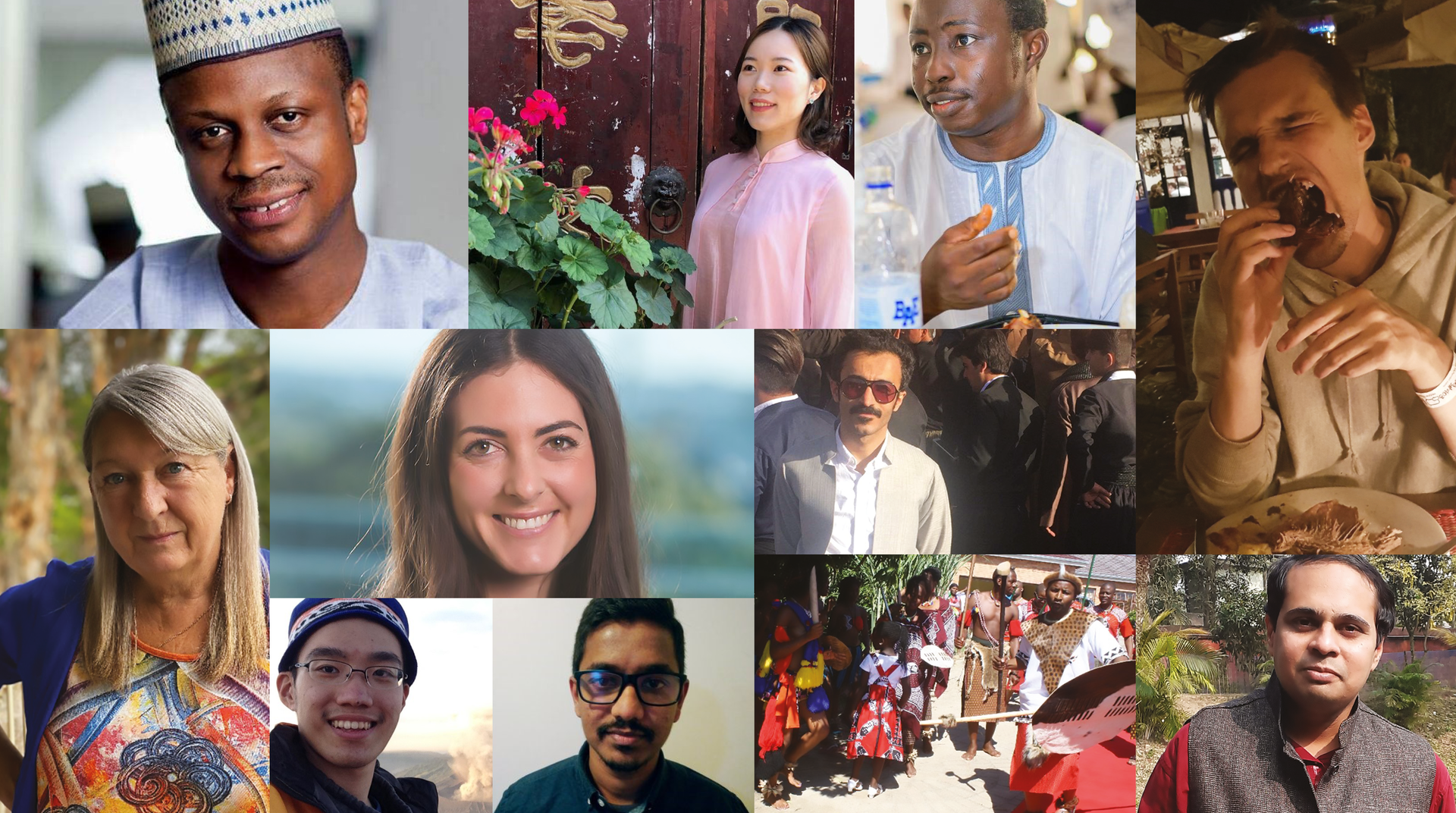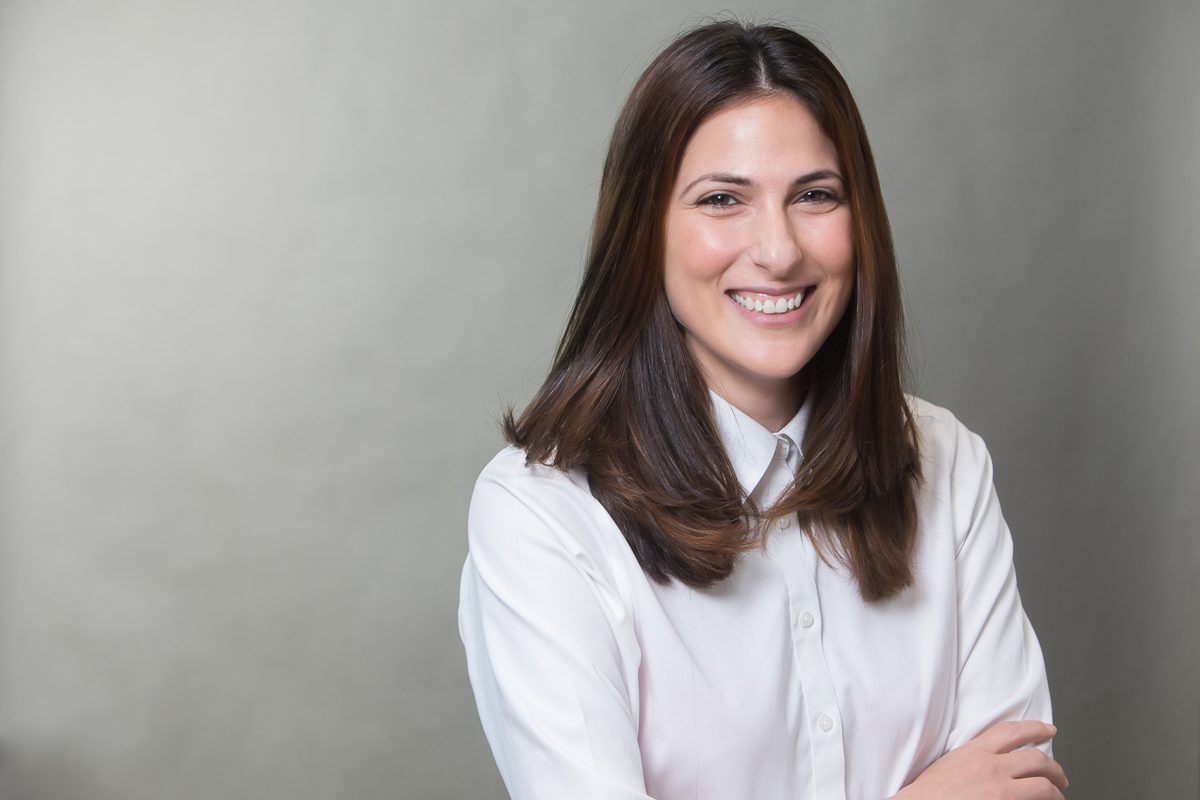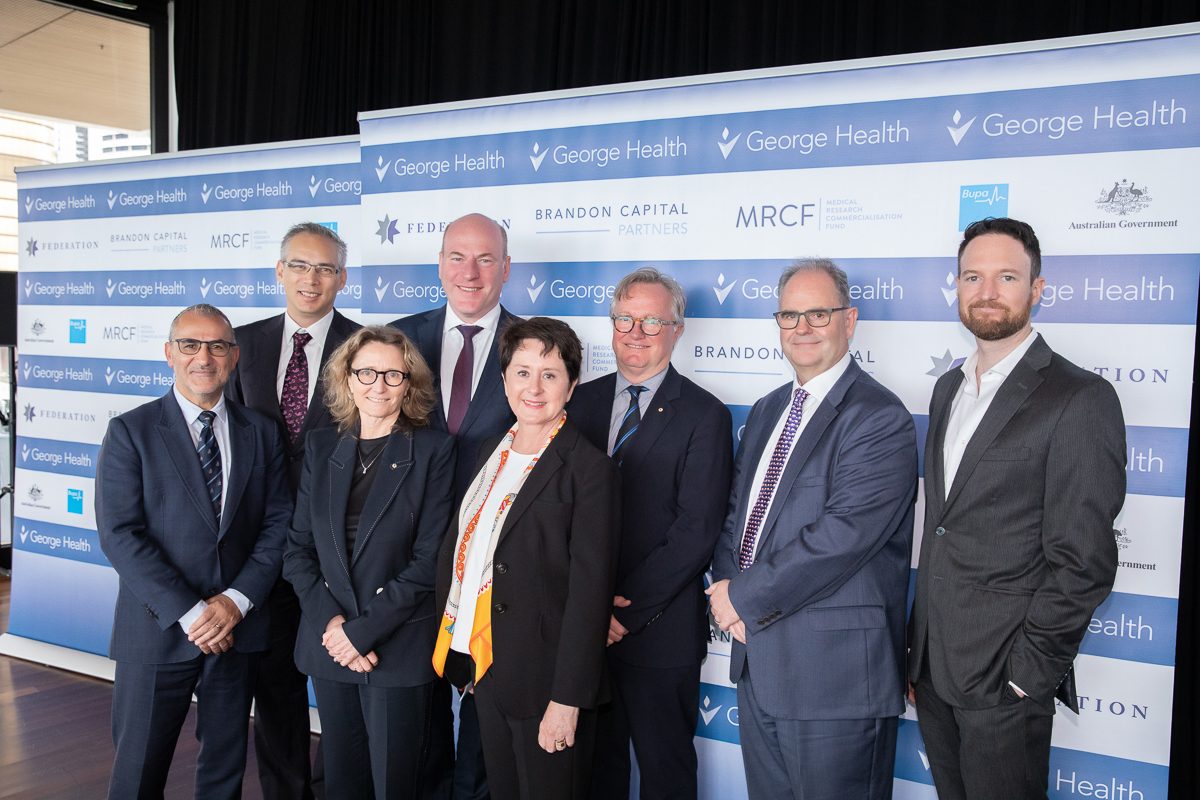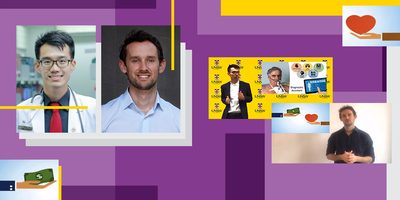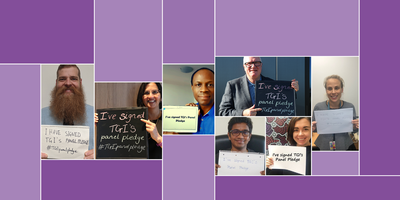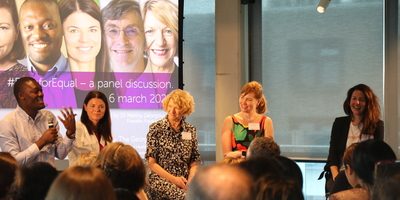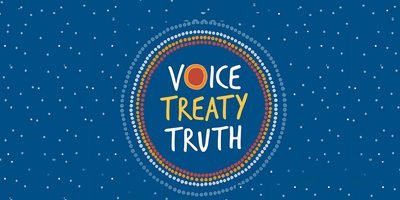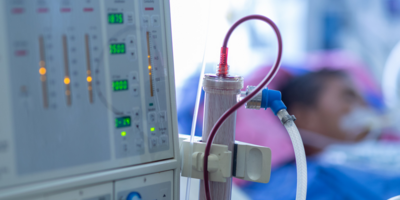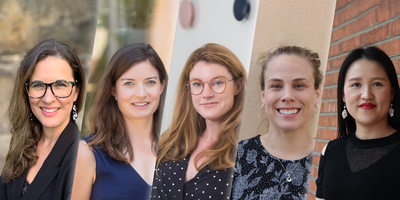Harmony day is celebrated on March 21 in Australia. We celebrate Harmony Day to promote diversity and the acceptance of other cultures. The idea that ‘Everyone Belongs’ is the very essence of Harmony Day. But it’s not just a time to celebrate and reflect, Harmony Day also aims to start a conversation about the importance of heritage, culture and community.
At The Institute we celebrate the diversity within our workplace, and this is clearly represented through the different backgrounds of our PhD students. Just as their areas of research vary from Food Policy to Respiratory to Health Systems (to name a few); their diverse backgrounds range from Indonesian, to Nigerian, to Kurdish to New Zealander (among many more).
Read what they had to say about their cultural backgrounds, what diversity means to them and how food is the one of universal languages that acts as a bridge between cultures.
Can you tell us about your cultural background?
Anthony Sunjaya, PhD Candidate, Respiratory Division - I’m originally from Jakarta, Indonesia and my first language is Indonesian.
Briar McKenzie, Research Assistant & PhD Candidate, Food Policy - I grew up in Aotearoa, New Zealand. My parents came from opposite ends of the Island, with my Mum from Rotorua and Father from Gore. These towns are very different in both culture and climate, and I have been lucky enough to spend a lot of time in both.
Faraidoon Haghdoost, PhD Candidate, Cardiovascular Program - I am from Kurdistan in the west of Iran. My first language is Kurdish and the second one is Farsi (Persian). Kurdistan and the culture there is more than 2700 years old. The area is mountainous, and the Kurd people have a deep connection with the mountains as most believe that “there is no friend but the mountain”.
Menglu Ouyang, Research Assistand & PhD Candidate, Neurological Program - I came from Yunnan, a province in the southwest of China where have 26 minorities with a high level of ethnic diversity.
Nipuna Cooray, PhD Candidate, Injury Division - I am one hundred percent Sri Lankan.
Kenneth Yakubu, PhD Candidate, Health System Science - I was born in Zaria, north-western Nigeria, but my first language is English. I learnt Hausa as an adult and often had to do a direct translation from English to Hausa which other native speakers find amusing.
Soumyadeep Bhaumik, Research Fellow & PhD Candidate, Injury Division - I am from the eastern India – I speak Bengali and was born to a Hindu family. I studied in a missionary school with best friends from four major religions. Over the years I have worked in several parts of India and have had different cultural mores inculcated in mine.
Whenayon Simeon Ajisegiri, PhD Candidate, Office of Chief Scientist - I was born in Lagos State, Nigeria. I am from the Egun-speaking tribe of Badagry Local Government Area (similar to what is called Local Council in Australia). Nigeria is the most populous country in Africa with a population of over 200 million and has over 256 ethnic tribes and languages.
Julieann Coombes, Project Officer & PhD Candidate, Injury Division - I am a Gumbaynggir woman through my great grandfather, Jimmy Williams, with connections to Kamilaroi Country where I spent most of my childhood living in Walgett, a small town in North West NSW, Australia. My great great grandmother on my mother’s side was an English woman, Lady Barrington. I acknowledge both my heritages but identify as an Australia’s First Nation person.
Thomas Bradbury, PhD Candidate, Respiratory Division – I am English, Welsh, and Irish all mixed together in Australia.
Daisy Coyle, PhD Candidate, Food Policy - I grew up in Sydney but have strong ties to the UK and the Pacific islands through my parents. My dad was born and raised in North Ireland and my mum was born Australia with Lebanese parents but spent a lot of her teenage years living in Papua New Guinea.
Sikhumbuzo Mabunda, PhD Candidate, Health Systems Science - I was born, bred and buttered in South Africa, my mom is Zulu, dad Tsonga and grew up in a Siswati speaking community. I attended a Northern Sotho school and married a Western Sotho wife. I am a mixed-masala but mostly identify as Tsonga.
What does diversity mean to you?
Soumyadeep - Coming from India, one of the few countries globally to have native diversity, diversity is natural to me. Diversity implies not agreeing with viewpoints, keeping the debate on but at the same time respecting others and trying to understand their perspectives without any ill-will.
Simeon - Different people from different places with different beliefs and perspectives coming together to learn from each other and broaden each other’s view.
Sikhumbuzo - It means you might have to get out of your comfort zone to learn and appreciate the wisdom that you can draw from other people. You might not get to traverse the whole world, embracing diversity brings you ever so close to that point as you learn to appreciate humanity more. Lastly, a human being is not a cow being limited to one ‘language’ we have the ability to learn many more languages and that is my wish.
What do you think about food as a bridge between cultures?
Anthony - Cultures are very much ingrained in what people eat. Food is hence a gateway to getting to know cultures better and building relationships between people.
Faraidoon - It is a good way to show differences in the world and between people with different cultures. Language, clothing and specific dishes are symbols of a culture and should be kept alive to keep the culture alive.
Yakubu - Food is a great source of pleasure. When we eat with others, we associate this sense of pleasure with their company. It is therefore an effective way of building good relationships.
Julieann - My culture is all about sharing food, coming together, connecting to one another and connecting to country.
Thomas - I think food is a fantastic way to appreciate the diversity of different cultures in a way that transcends language barriers.
Do you have a favourite dish that reminds you of your childhood?
Anthony - The beef rendang (tender coconut beef stew), noted by many reviews as one of the best dishes in the world, is certainly one of my favourites.
Faraidoon - Kalane. Kalane is a dish that is specific to Kurdistan and is a vegetarian food. Anytime I think about Kurdistan, I remember the smell of Kalane and it reminds me of my childhood and the family meetings and parties.
Menglu -The rice noodles with tofu soybean pudding was always my choice for lunch from primary to high school.
Nipuna -Warm rice with Sri Lankan coconut sambal.
Yakubu - Mum’s Edikang ikong or Egusi soup reminds me of many happy moments as a child.
Julieann - Lamb stew and potatoes cooked on an open fire.
Thomas - Paul Bocuse’s Potato and Leek Soup (Vichyssoise).
Daisy- Lamb saagwala wrapped in garlic naan. As a child we’d get Indian takeaway about once a month and it felt like such a treat. I don’t eat meat anymore, but I still get a craving for this dish on occasion!
What is the craziest thing you have ever eaten and where were you?
Briar - Worm chocolate (chocolate with crunchy worms in it), a gift brought from the Hokitika Wildfoods Festival. I would not recommend.
Menglu - Fired moss and grilled gum of pig that I had in Xishuangbannna Dai Autonomous Prefecture.
Soumyadeep - Octopus from a live aquarium tank in Seoul. Would not recommend.
Julieann - Reindeer balls, I was 15 and was working in the office at Tip Top in Granville and had a world lunch day.
Thomas - It’s all relative, but eating a whole Guinea Pig (Cuy) in Peru was pretty unusual for me.
Sikhumbuzo - Sushi. I still can’t get my palate to like it.
